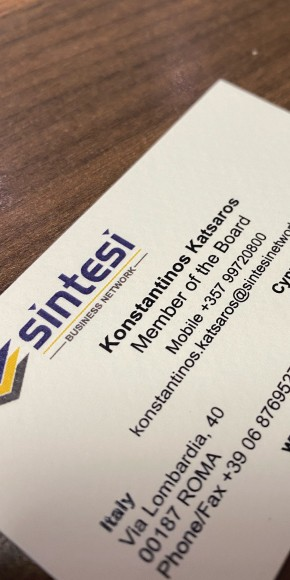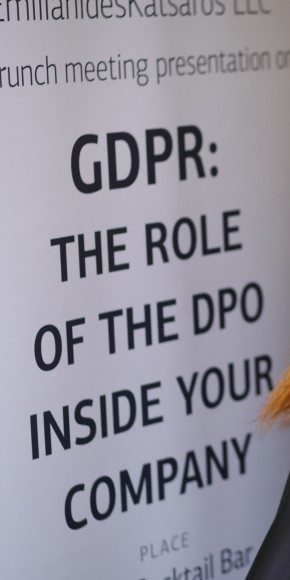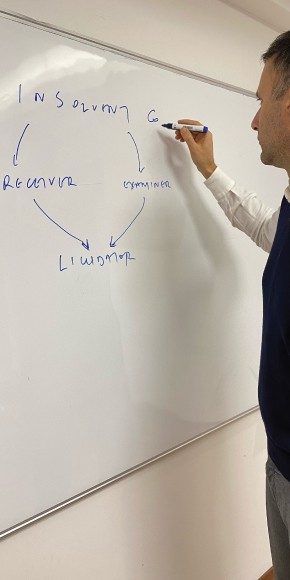EK ADVISORY SERVICES
EK ADVISORY SERVICES
- AIFS/AIFMS/CIFS
- Asset Management & Protection
- Blockchain
- Compliance
- Data Protection
- Debt Recovery & Restructuring
- Insolvency
- AIFS/AIFMS/CIFS
- Asset Management & Protection
- Blockchain
- Compliance
- Data Protection
- Debt Recovery & Restructuring
- Insolvency
Examinership
Examinership is defined as a process whereby the protection of the court is obtained to assist an insolvent company to survive, allowing the corporation to be restructured. To acquire the appointment of an examiner it is necessary to petition the Court and persuade it that there is a reasonable prospect of survival of the company and the whole or part of its undertaking with the appointment of an examiner. But how can we measure a company’s prospects of survival? The answer falls into the discretion of insolvency practitioners and Courts. According to this Bill, creditors should not be put in a worse position than they would have been if the said company was under liquidation. Moreover, examinership does not provide for any special fund for companies put under custody/protection.
Objectives:
The main objectives of the Framework for Insolvency Reform are:
1) Creation of appropriate incentives for debt repayment, thus contributing to the reduction of non-performing loans,
2) Giving the opportunity to protect the primary residence, where possible, and based on strict eligibility criteria,
3) Giving a second chance for reactivation of bankrupt individuals in the economy,
4) Introducing a new mechanism that would provide full and rapid relief to a debtor with no income and no assets, with very low overall debt,
5) Providing incentives for the preservation and restoration of companies, through restructuring of companies and debt, giving the opportunity to viable companies to reduce their debts and keep jobs, while maximizing the value of the company as it is ("as going concern"),
6) Modernizing the laws concerning liquidation and bankruptcy of natural persons, so that liquidation and bankruptcy proceedings take place within a short period of time and efficiently.
What is achieved by the application for appointment of an Examiner?
The company is placed under the protection of the court for four months. In this way, the company may not be liquidated, may not appoint a Receiver, and may not dispose of property secured by a secured creditor without the consent of the examiner. The creditor is not able to bring any action against any guarantor. No action may be filed against the company. Organizations/companies providing SGI, including electricity, water and telephone services are required to continue to provide services to the company during the period of protection, provided the costs incurred during that period are covered.

































